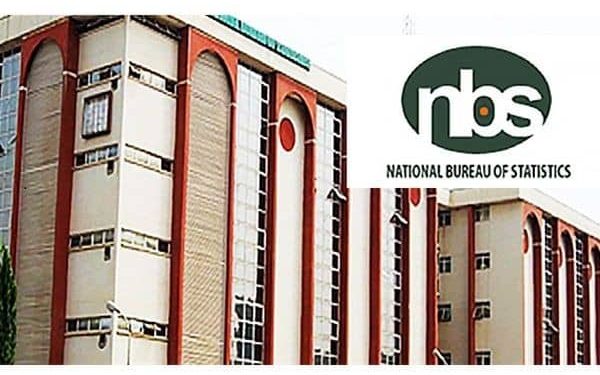Nigeria recorded a significant surge in capital inflows in the first quarter of 2025, reaching $5.64 billion, according to the National Bureau of Statistics (NBS) in its latest report titled “Nigeria Capital Importation Q1 2025.” This marks a 67.12% increase compared to the $3.38 billion reported in the same period of 2024 and represents a 10.86% growth from the $5.09 billion recorded in Q4 2024.
The report attributes the sharp rise primarily to an increase in portfolio investment, which dominated total inflows, while Foreign Direct Investment (FDI) remained subdued. Analysts note that while the surge indicates renewed investor interest, the concentration in short-term investments raises concerns about sustainability.
Investment Composition and Sectoral Allocation
The breakdown of capital importation revealed that portfolio investment accounted for $5.2 billion, representing a commanding 92.25% of total inflows. This was followed by other investments at $311.17 million (5.52%), while Foreign Direct Investment (FDI) remained at a modest $126.29 million (2.24%), reflecting persistent challenges in attracting long-term equity inflows.
Sector-wise, the banking sector led with $3.127 billion (55.44%), followed by the financing sector, which received $2.097 billion (37.18%). The production and manufacturing sector attracted $129.92 million (2.30%), while minor allocations went to telecommunications, agriculture, trading, and information technology.
Regional and Source Distribution
The Federal Capital Territory (FCT), Abuja, emerged as the top destination for capital inflows, attracting $3.047 billion (54.11%), surpassing Lagos, which recorded $2.565 billion (45.44%). Smaller inflows were distributed among Ogun, Oyo, and Kaduna states.
From a country perspective, the United Kingdom was the leading source of capital importation, contributing $3.682 billion (65.26%), followed by South Africa ($501.29 million, 8.88%) and Mauritius ($394.51 million, 6.99%).
Banking Channels
In terms of transaction volumes, Standard Chartered Bank Nigeria Ltd processed the largest share, handling $2.10 billion (37.3%), followed by Stanbic IBTC Bank Plc with $1.40 billion (24.8%), and Citibank Nigeria Limited at $1.05 billion (18.7%).
Comparative Analysis
The table below highlights the year-on-year and quarter-on-quarter changes in Nigeria’s capital importation:
| Metric | Q1 2024 | Q4 2024 | Q1 2025 |
|---|---|---|---|
| Capital Importation (US$) | 3.38B | 5.09B | 5.64B |
| YoY Change (%) | – | – | +67.12% |
| QoQ Change (%) | – | – | +10.86% |
| Portfolio Investment Share | – | – | 92.25% |
| FDI Share (%) | – | – | 2.24% |
| Top Source Country | – | – | UK (65.26%) |
Economic Implications
The surge in capital inflows is largely linked to high yields in Nigeria’s money market instruments, such as OMO bills and Treasury bills, which continue to attract foreign portfolio investors seeking short-term gains. This inflow has provided much-needed foreign exchange liquidity, aiding in stabilizing the naira.
However, experts warn that reliance on volatile portfolio inflows, also known as “hot money,” poses significant risks to the economy, particularly if global financial conditions shift or domestic policies change. The relatively low level of FDI underscores the need for reforms aimed at attracting more stable, long-term investments that can drive job creation, infrastructure development, and economic diversification.






















































